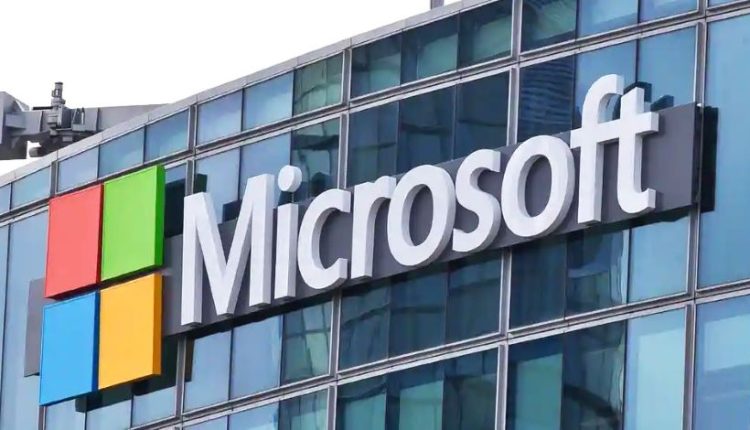Africa’s Youth to Form Key Part of Future Workforce – Microsoft
Microsoft projects that Africa’s youth will form a significant part of the global workforce by the end of the century.
Ravi Bhat, Chief Technology and Solutions Officer at Microsoft Africa, shared this insight during a webinar on Tuesday.
The event focused on the “AI and the Future of Work in Africa whitepaper”, co-authored by Microsoft and various industry experts from the continent.
Bhat noted that Africa currently has one billion people under the age of 35, with projections indicating that almost half of the world’s youth population will reside there. He emphasized Africa’s unique opportunity to influence the future of work during these formative years as large language models (LLMs) and their application environments evolve.
Each year, up to 12 million young Africans enter the job market, yet more than 20% are neither employed, educated, nor trained, according to the International Labour Organisation.
Bhat highlighted the potential of generative AI (GenAI) to transform work environments and create opportunities for youth to innovate, drive economic growth, and foster job creation. He pointed out that GenAI could reshape knowledge, alter job types, and shift required skills and outputs.
“McKinsey research suggests that GenAI could boost annual labour productivity growth by up to 0.6 per cent through 2040, contingent upon technology adoption rates and the reallocation of worker time to other tasks,” he added.
Bhat also cautioned that technology alone cannot solve the challenges facing Africa’s youth. He stressed the need for policies and practices that ensure the responsible deployment of GenAI and AI in general, focusing on valuing AI-related labour and ensuring dignified employment.
Also Read: Microsoft, Tech4Dev to employ 100,000 African youths
Jacki O’Neill, Director of Microsoft Research Africa, spoke on the transformative potential of GenAI in enhancing human capabilities across various sectors.
She mentioned that as access to GenAI tools grows through internet-enabled devices and more affordable data, barriers to access are diminishing, offering increased opportunities for skills development.
“As access to GenAI tools expands across Africa through internet-enabled devices and more affordable data, barriers to access are diminishing, presenting increased opportunities for skills development,” O’Neill said.
O’Neill emphasized the importance of equipping youth with the necessary skills to thrive in an AI-disrupted labour market, including the use of GenAI tools and expertise in areas like machine learning, natural language processing, and cybersecurity.
Investing in these skills, O’Neill noted, would enable Africans to create dignified jobs, integrate AI with indigenous knowledge, develop new value chains, and build AI systems that reflect human-centred and community values.
The whitepaper stresses the importance of proactive governance, inclusive design, educational investment, and a commitment to regulatory and ethical standards to ensure positive outcomes with GenAI.
O’Neill highlighted the collective responsibility of policymakers, technologists, and citizens in this endeavour.
The AI revolution in Africa is not merely a possibility but is already underway, with Microsoft committed to working with individuals, governments, partners, and stakeholders across the continent.
NAN/Chidimma Gold

